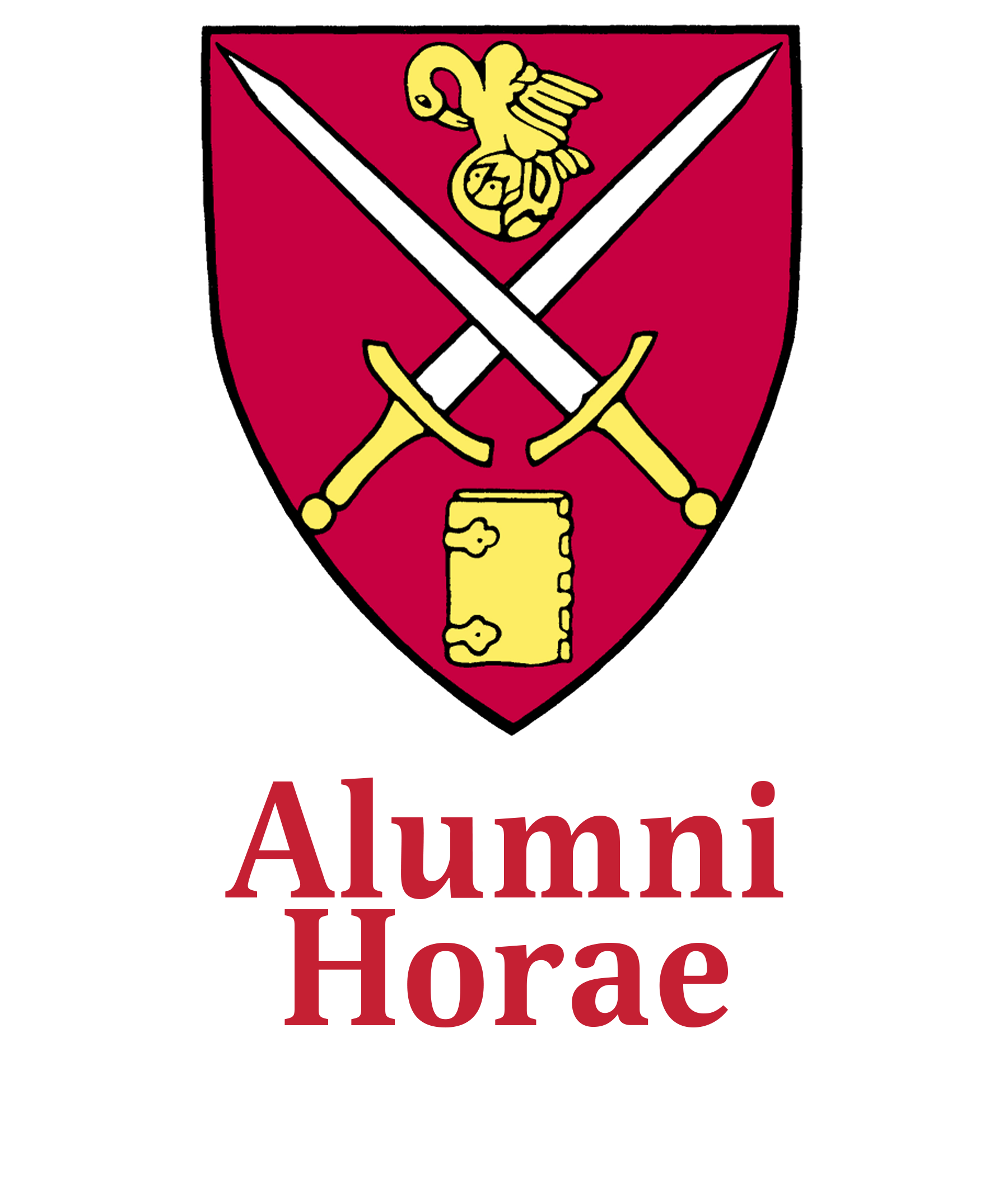SPS Today: Embracing Courageous Conversations
Students Engage in Age-Appropriate Programming in April
Katie Koestner is the founder of Campus Outreach Services (COS).
The first time Katie Koestner presented at St. Paul’s School in the mid-1990s, she was only five years removed from speaking out against her own sexual assault, an event that turned into a lifetime of creating awareness and prevention of similar incidents.
“When I first started speaking, I was in college,” says Koestner, the founder of Campus Outreach Services (COS). “Nobody had heard of doing an assembly on this topic. New England boarding schools were some of the first places that let me speak.”
Koestner’s initial talks at the School years ago were aimed at Sixth Formers only. In the most recent educational sessions with SPS in April, Koestner and her COS team were able to address members of all four forms, plus provide training for faculty advisers.
“In terms of sexual assault awareness and the issues that surround that topic, we don’t rely on one-and-done programming,” says Theresa Ferns ’84, vice rector for school life. “The work [in April] integrates into the work we do on an ongoing basis with faculty and students.”
COS delivered (virtual) faculty training at St. Paul’s on March 29, focused on adult boundaries. In April, COS conducted age-appropriate training for Third through Sixth Formers. The program purposely coincided with Sexual Assault Awareness Month, for which the School embraced additional education. Third Formers participated in healthy relationship education on April 20, covering appropriate and inappropriate interactions in a session called “Flirting vs. Hurting.” The following day, COS delivered an interactive presentation to Fifth Formers titled “I Said – You Said.” That session addressed issues around consent, with the male as the alleged perpetrator and the female as the alleged victim.
On April 27, Sixth Formers attended a session that was similar to the Fifth Form programming, but their version of “I Said – You Said” intentionally left out gender pronouns and, therefore, stereotypes. The presentation was made by two COS staff members who are gender nonconforming. In both the Fifth and Sixth Form sessions, the students acted as the jury in a case involving two fictional classmates, discussing their different perspectives. “The truly advanced program the [Sixth Formers are] getting,” Koestner says, “takes away the ability for any student to rely on any gender stereotype about whose fault it is to decide the case.”
Koestner shared her own story with Fourth Formers on April 28 in a presentation called “No-Yes.” It is a title she has used since she gave her first speech in the 1990s, in the years after she reported being the victim of rape on her college campus. At the age of 18, Koestner became the person whose story of sexual assault brought the term “date rape” into the public consciousness. She has since told that account to more than five million students.
“The essence [of the program] is understanding the subtleties of coercion, power, control, who is the initiator, who is the recipient, and the confidence to voice your wants and desires,” explains Koestner. “‘No-Yes’ has been a wordplay on what happened to me. There was no ‘yes.’”
The hourlong presentations to each form were followed by debrief sessions in smaller groups, facilitated by SPS faculty members trained by the COS team. All students were invited to continue the conversation in a virtual open session with Koestner and her colleagues on April 30. That discussion was a launching point for the schoolwide “Respect My Red” event in conjunction with the Take Back the Night Foundation to honor the victims of sexual assault. According to Koestner, St. Paul’s is the first high school to hold a “Respect My Red” event.
Ferns reminds that sexual assault awareness is routinely addressed by the School’s Living in Community programming, which is also conducted at developmentally appropriate levels. “We don’t believe prevention efforts are just a program,” she says. “It is a strategy that needs to be addressed through individual, group, and institutional efforts.”
To learn more about efforts to promote a healthy culture at St. Paul’s School, visit sps.edu/healthyculture.

